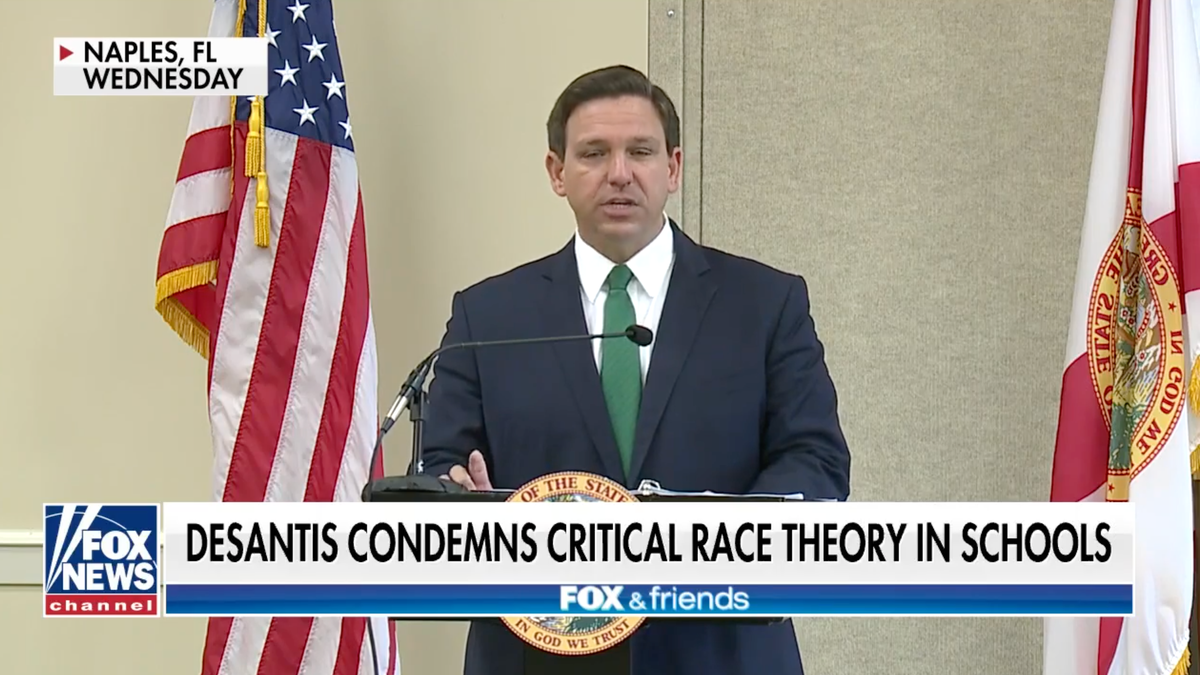DaveXA
Well-known member
Offline
Frankly, I'm completely ignorant when it comes to the Critical Race Theory curriculum. What is it, where does it come from, and is it legitimate? Has anyone here read it and maybe give a quick summary?
If this has been covered in another thread, then I missed it.
If this has been covered in another thread, then I missed it.





